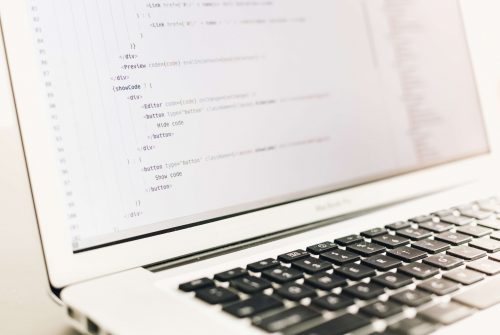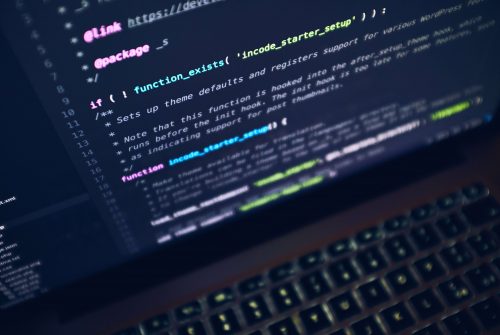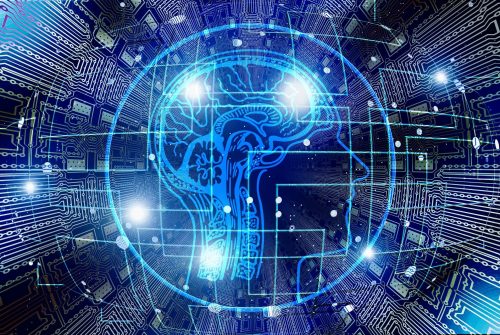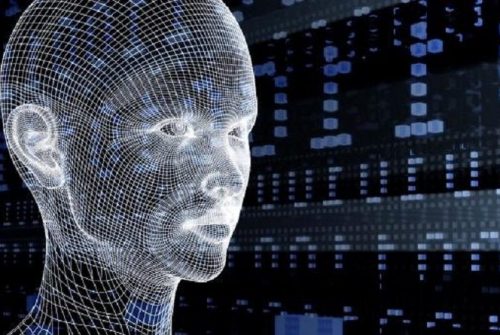Stop corruption thanks to artificial intelligence
6 February 2019 | Written by La redazione
How can we stop corruption? The answer could come from the algorithms of intelligent systems, already at work in some countries of the world

Corruption is a phenomenon widespread in the world and the measures taken to date in Italy to counteract it do not seem to have had the desired effect. According to the Transparency international index, which has photographed the perception of businessmen and experts on the spread of corruption in the world, it emerges that our country is 53rd at the global level, an improvement compared to past results, but it still not really satisfying. A turning point in the fight against corruption could then come from the use of new technologies with artificial intelligence destined to play a major role in the near future.
China’s system of decommissioning. Since 2012 China has developed a sophisticated artificial intelligence able to find, through data analysis, signs of corruption at the institutional level. According to the South China Morning Post, however, local officials in many areas are now thinking about giving up the system. Zero Trust, the name of artificial intelligence, analyzes bank data, property registers and even satellite data with the aim of identifying signs of corruption such as, for example, suspicious bank transactions or possession of undeclared assets. The AI algorithms, however, are not able to explain clearly what it has developed (on the contrary, for example, the system developed by Rulex, which we talked about in one of our articles). “The AI – the Zero Trust researchers explain in the South China Morning Post – could quickly report a corrupt official, but he is not so good at explaining the process that led to this conclusion.” This is a not indifferent problem, which can only be overcome thanks to a great work of human beings: this seems to be the reason for the decommissioning of the system in some Regions, although the most suspicious have stated that the only problem of this IA is that it works too well.
Can corruption be predicted? Data analysis, therefore, can detect corruption. But it can also predict it, at least according to a study carried out by the Higher School of Economics (HSE) and the University of Valladolid, published at the end of 2017. Researchers have shown that it is possible to predict cases of corruption in advance through the analysis of the circumstances that make it easier to bribe. The forecast is based on data contained in an archive containing macroeconomic and political factors, constructed from cases that occurred in Spain between 2000 and 2012.
Not just AI. Artificial intelligence is not alone: there are other technologies that could help it cope with the phenomenon of corruption in the world. Among these there is certainly the blockchain, which seems to have reached the maturity necessary for large-scale diffusion and in different sectors. This and much more will be discussed during the OECD’s Global Anti-Corruption & Integrity Forum 2019, the event organized by the Organization for Economic Cooperation and Development which this year will be focused on the risks and opportunities of new technologies.









